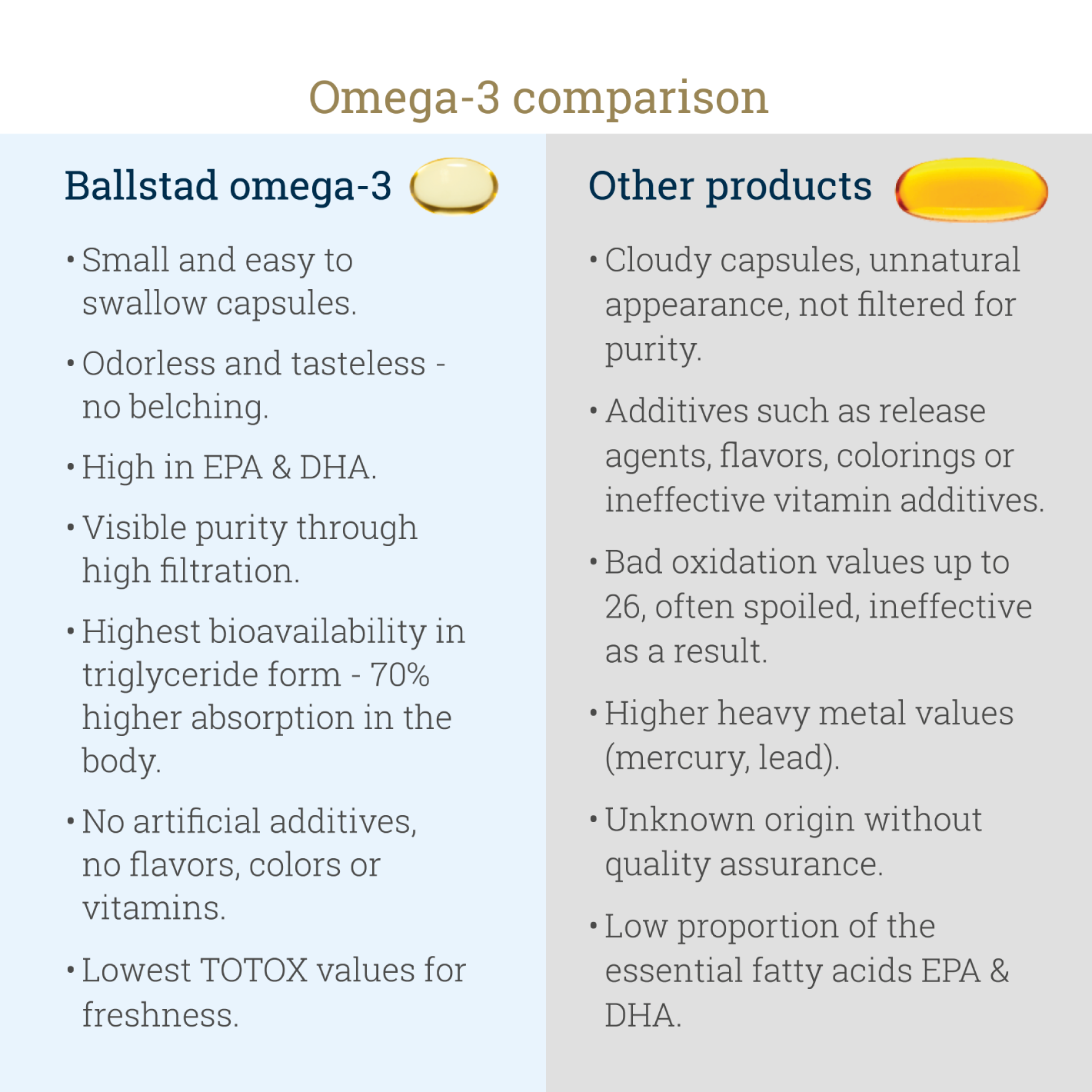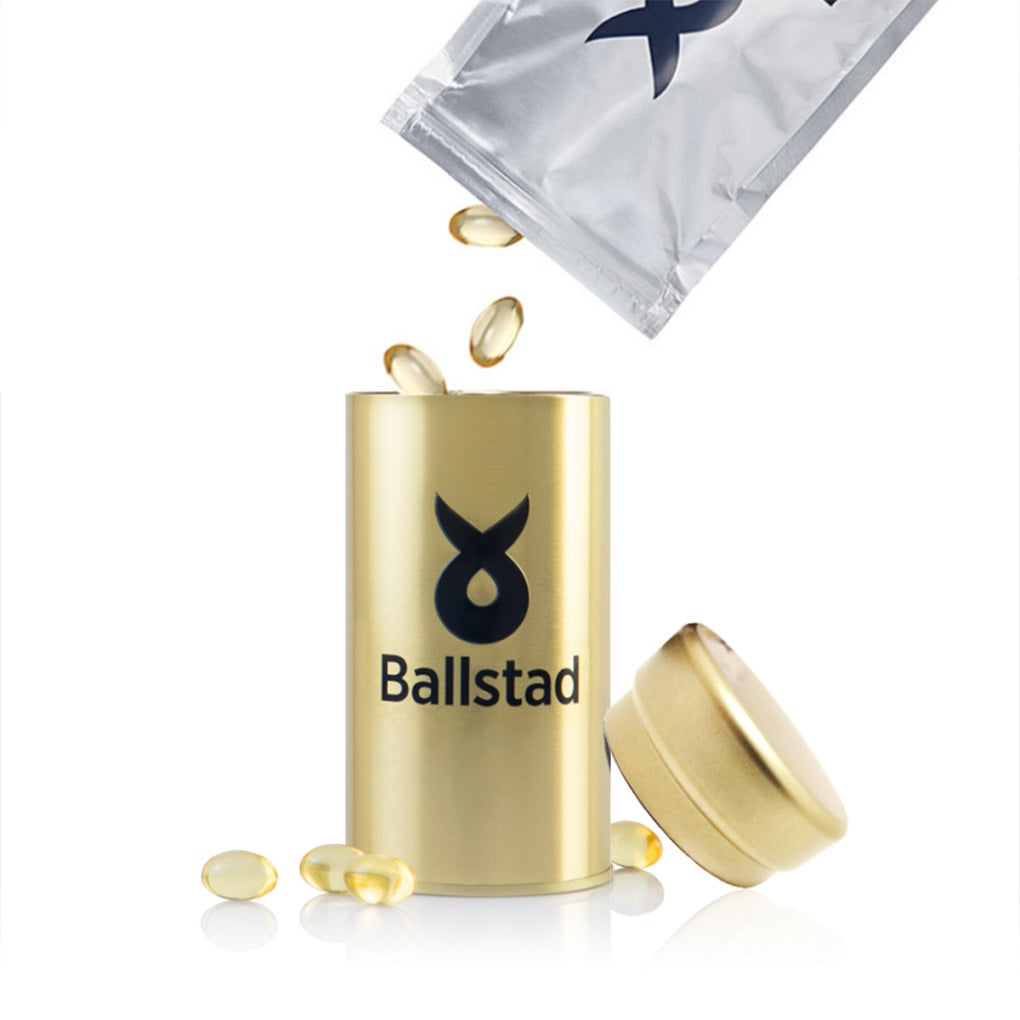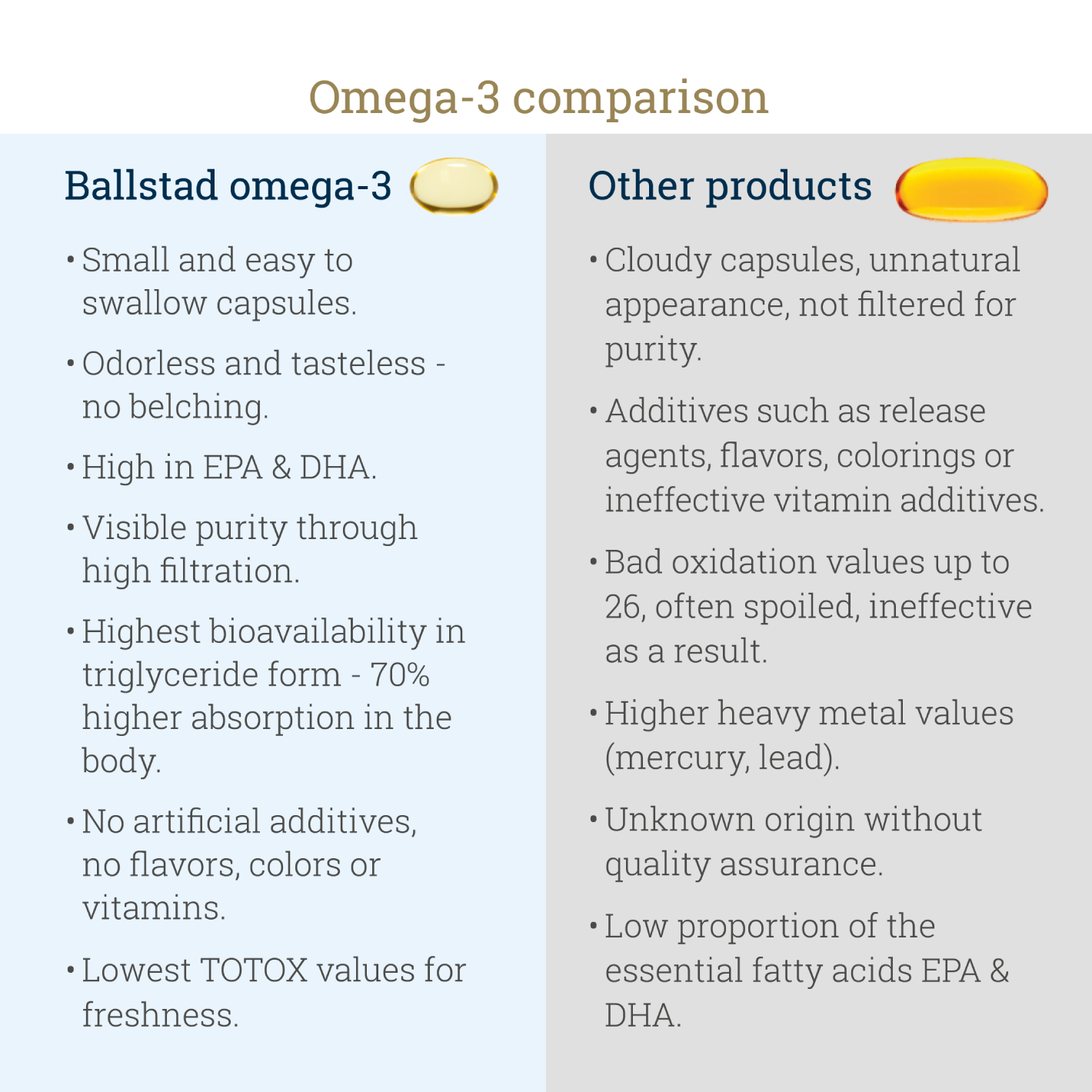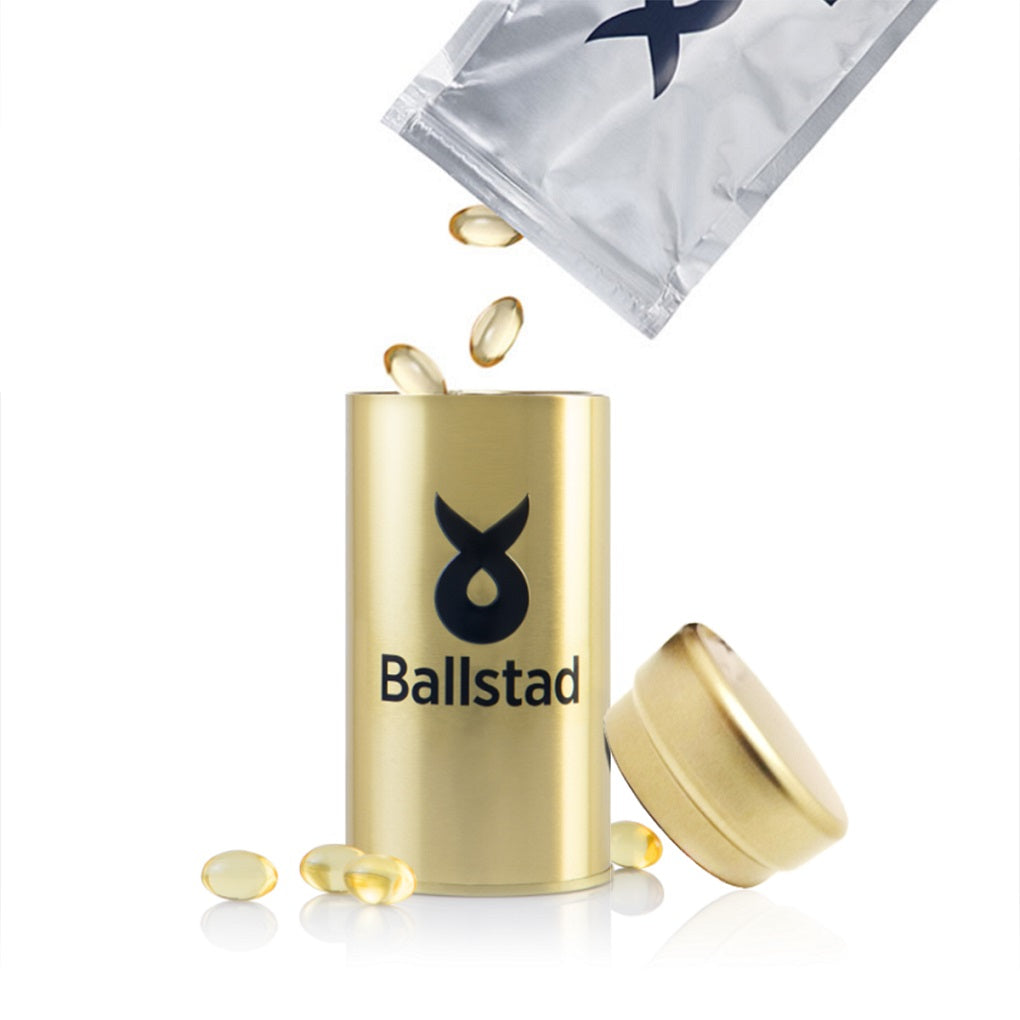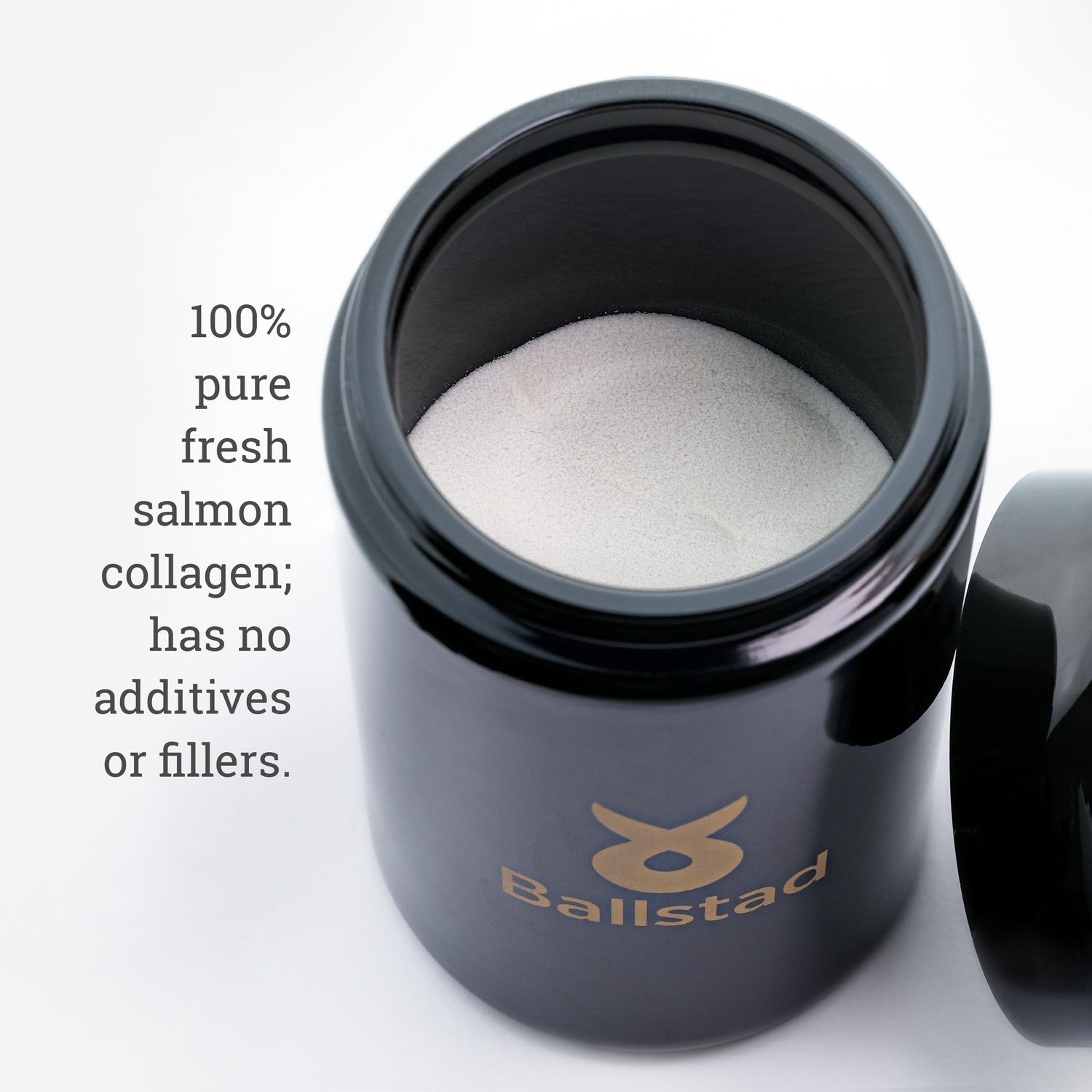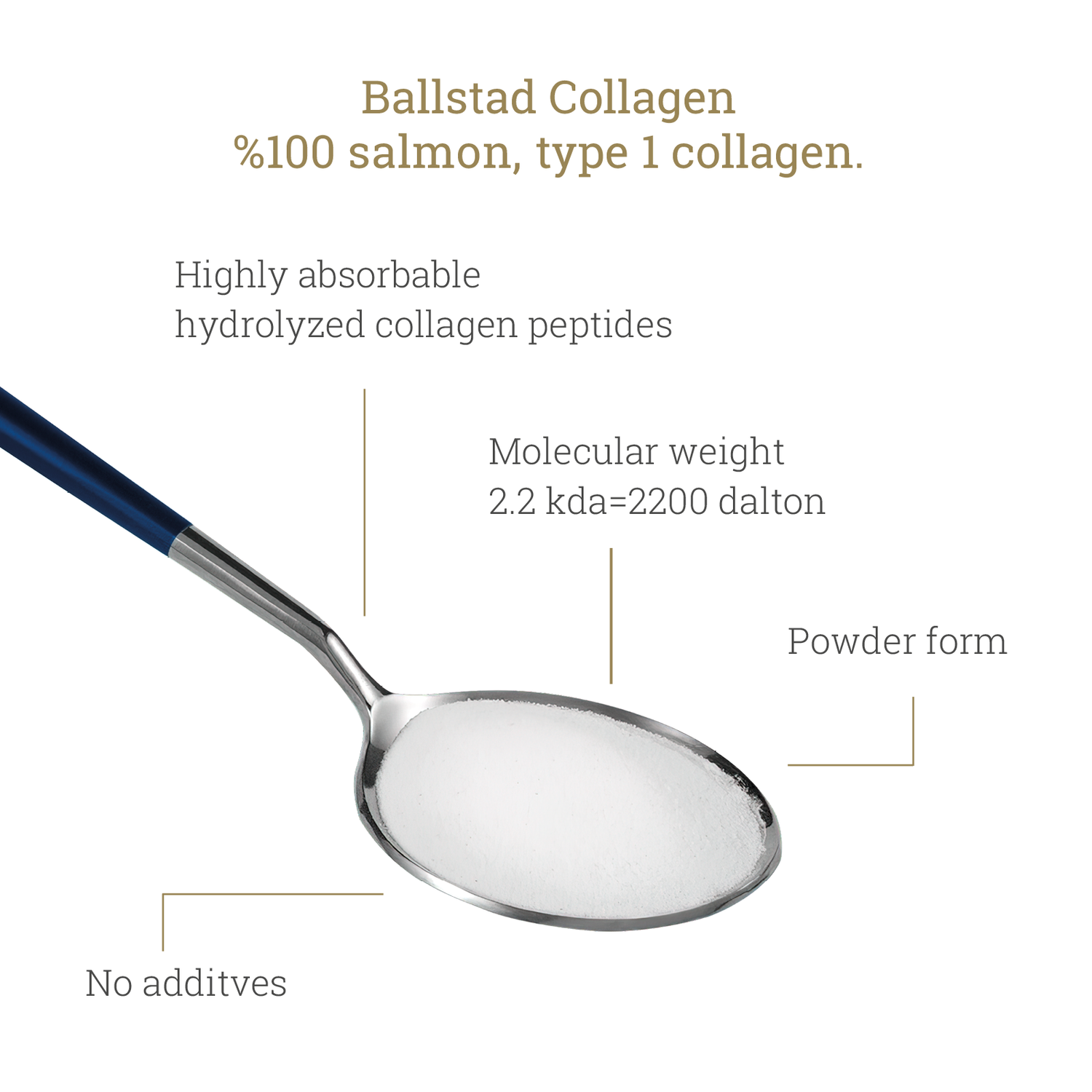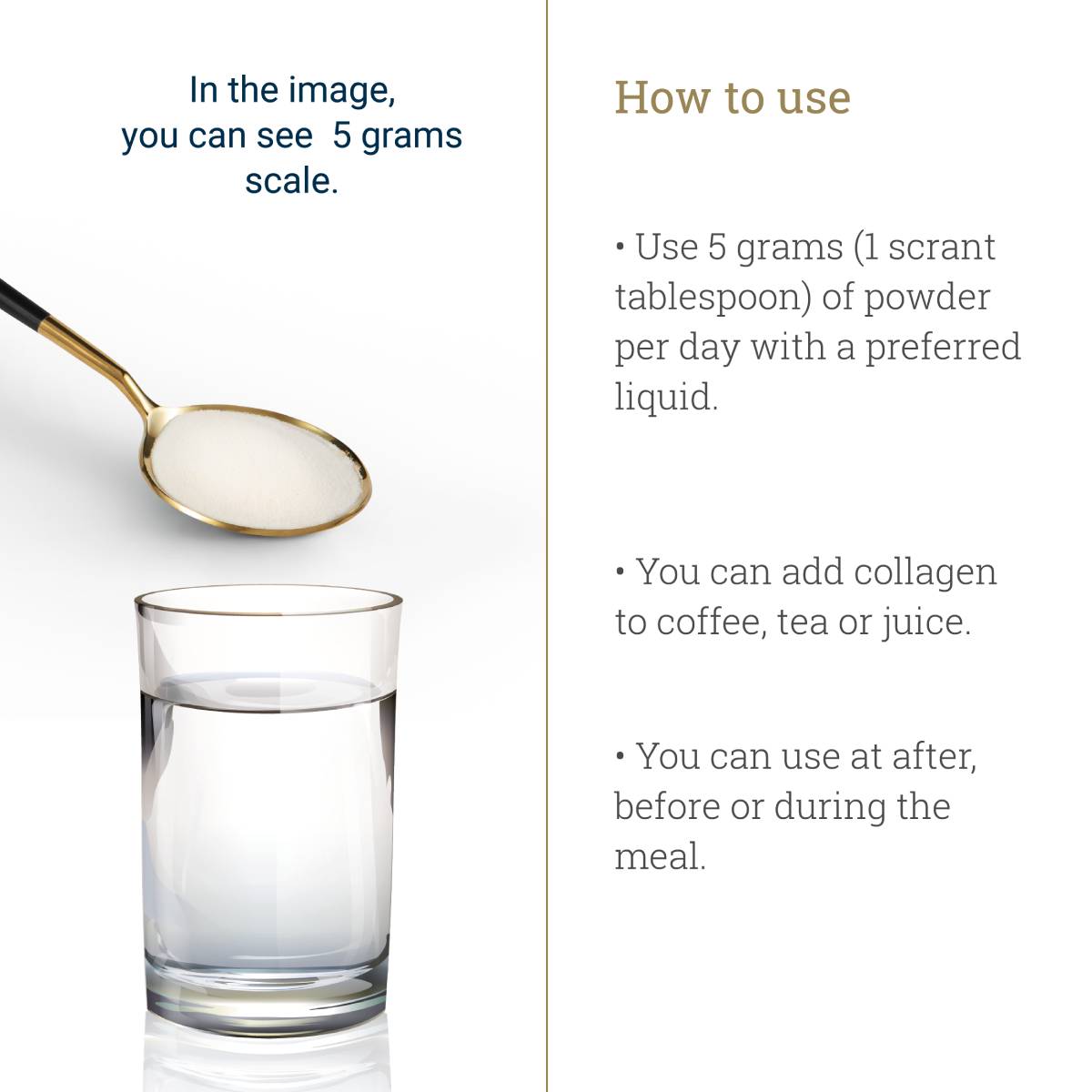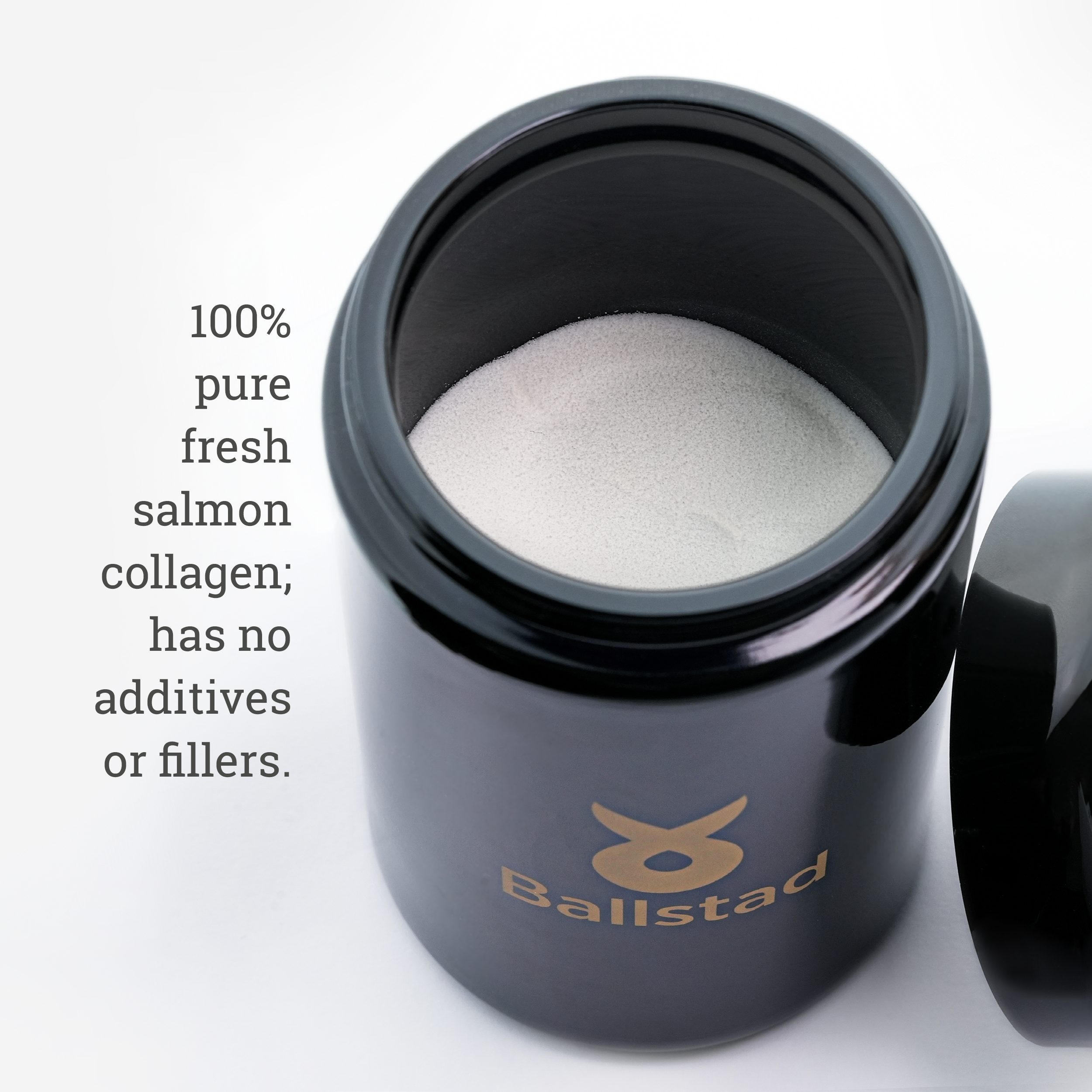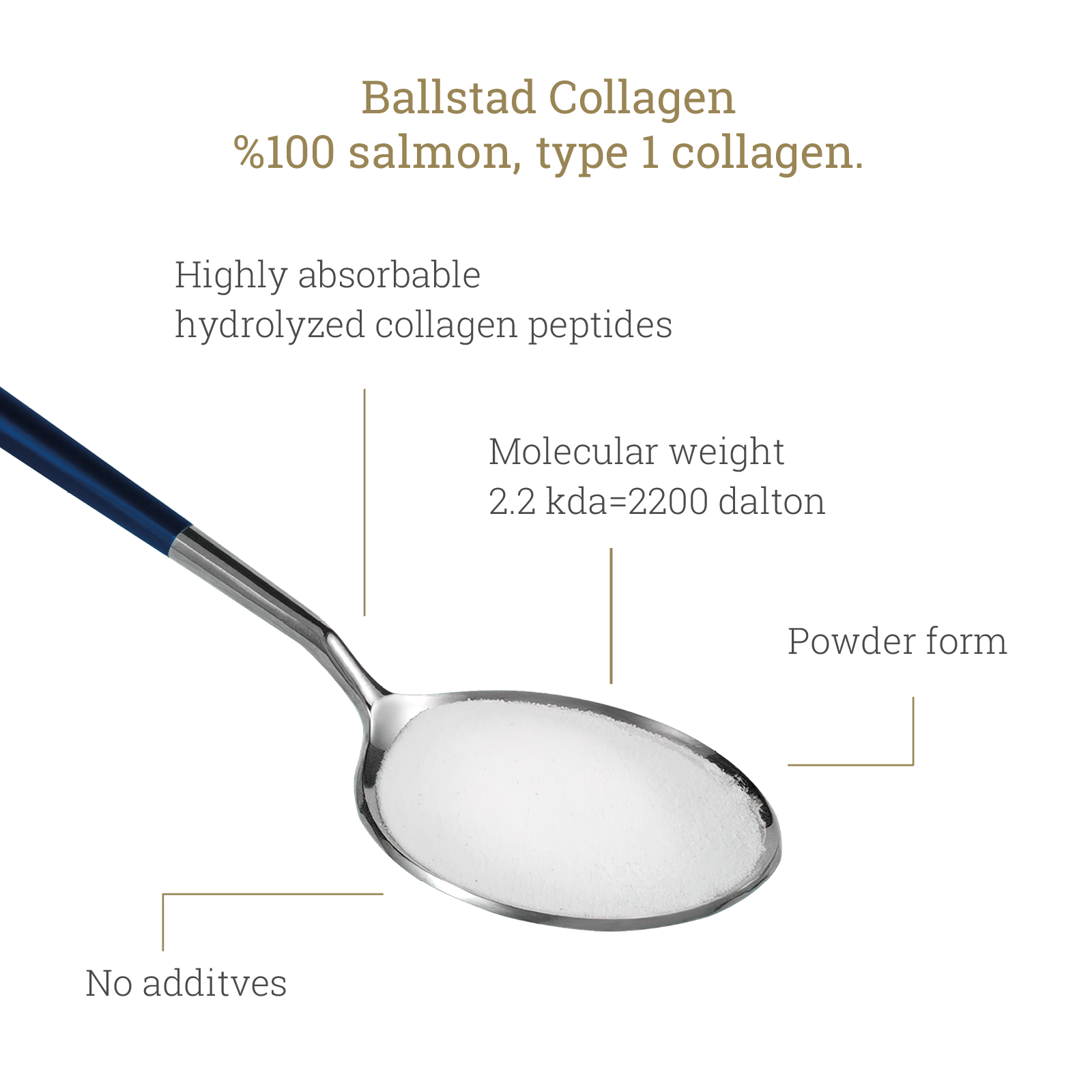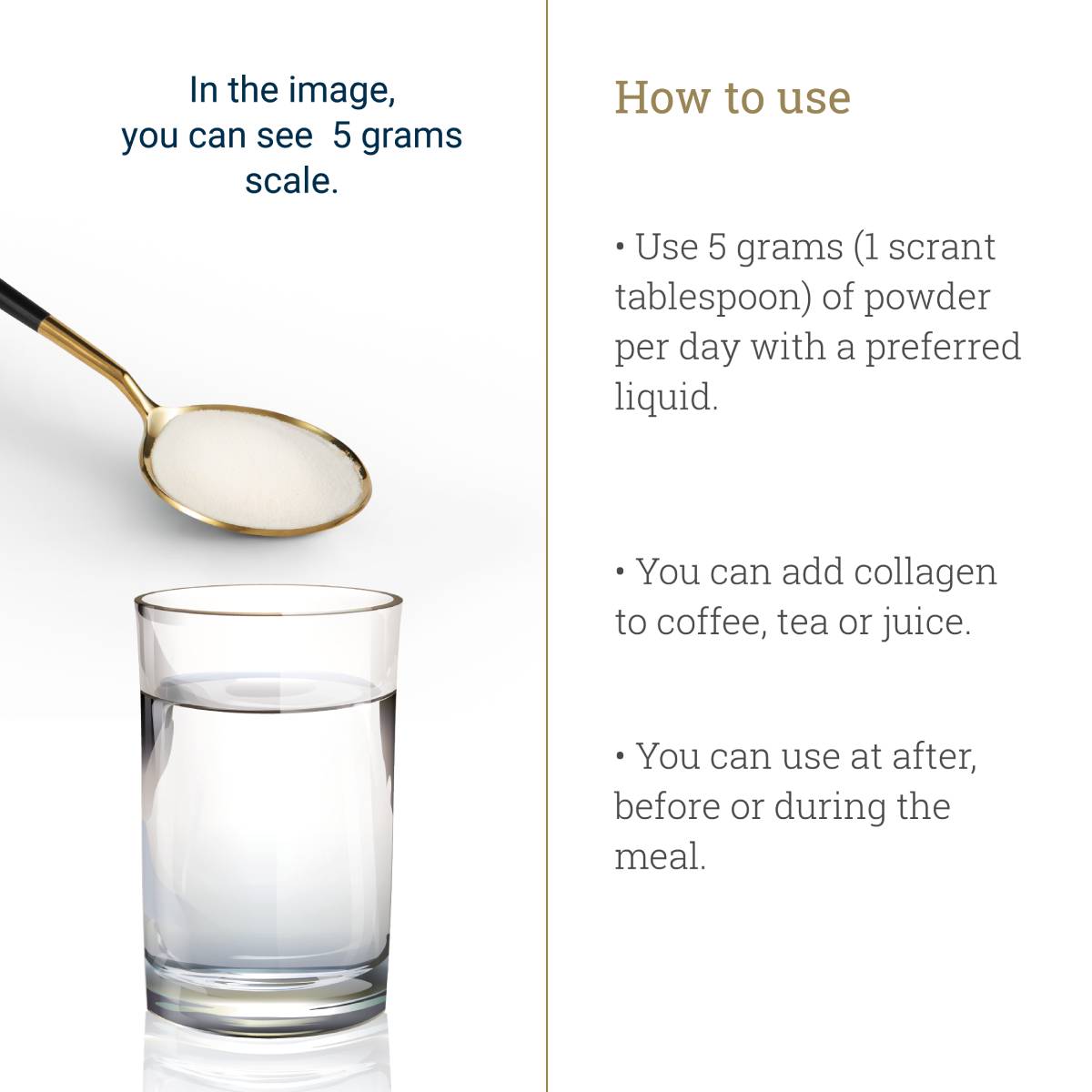Living with arthritis can make even simple daily movements—walking, bending, or opening a jar—feel difficult. Achy knees, stiff fingers, and sore hips are common challenges that affect quality of life.
While there is no cure for arthritis, many people are exploring natural solutions such as collagen supplements to support joint comfort. But does collagen really work for arthritis, or is it just another wellness trend? Let’s take a closer look.
What’s Happening Inside Arthritic Joints?
Arthritis is more than just “getting older.” It’s a condition where joints become inflamed, stiff, and painful.
-
Osteoarthritis: Occurs when the cartilage that cushions the bones wears down over time.
-
Rheumatoid arthritis: An autoimmune condition where the immune system mistakenly attacks joint tissues.
In both cases, the loss of cartilage—a tissue rich in collagen—leads to pain, stiffness, and reduced mobility. Without enough collagen, joints lose their natural cushioning and smooth movement becomes difficult.
Collagen: The Structural Support for Your Joints
Collagen is the protein that forms the framework of cartilage, tendons, and ligaments. It works like scaffolding, holding your joints together and allowing them to move with ease.
-
Type II collagen is especially critical for cartilage, protecting the joints and reducing friction.
-
With age, natural collagen production slows down—making it harder for the body to repair and maintain cartilage.
Collagen supplements aim to provide the building blocks your body needs to support joint repair, restore cushioning, and improve flexibility.
What Research Says About Collagen for Arthritis
Although research is ongoing, studies show encouraging results:
-
People taking hydrolyzed collagen (collagen peptides) report reduced joint pain and stiffness.
-
Undenatured Type II collagen (UC-II) has been linked to better mobility, even in rheumatoid arthritis cases.
-
Collagen supplementation may help stimulate cartilage repair, calm inflammation, and encourage the body to produce more of its own collagen.
These findings suggest that collagen could be a useful long-term tool for joint health and arthritis management.
Can Collagen Replace Arthritis Medications?
It’s important to be clear: collagen supplements are not a substitute for prescribed treatments. If you’re managing arthritis, always follow your doctor’s recommendations.
However, collagen may be a complementary approach to support overall joint function and long-term comfort. It works best when integrated into a broader arthritis management plan.
Supporting Your Joints Naturally
Managing arthritis often requires a combination of treatments, lifestyle choices, and nutritional support. Collagen isn’t a quick fix, but over time, the right supplement may help:
-
Improve mobility
-
Reduce stiffness
-
Support cartilage integrity
-
Enhance long-term joint resilience
For those seeking a natural option, Ballstad Salmon Collagen offers a clean, sustainable, and bioavailable source of marine collagen. With its neutral taste and strong scientific backing, it’s an easy way to support joint health from the inside out.











